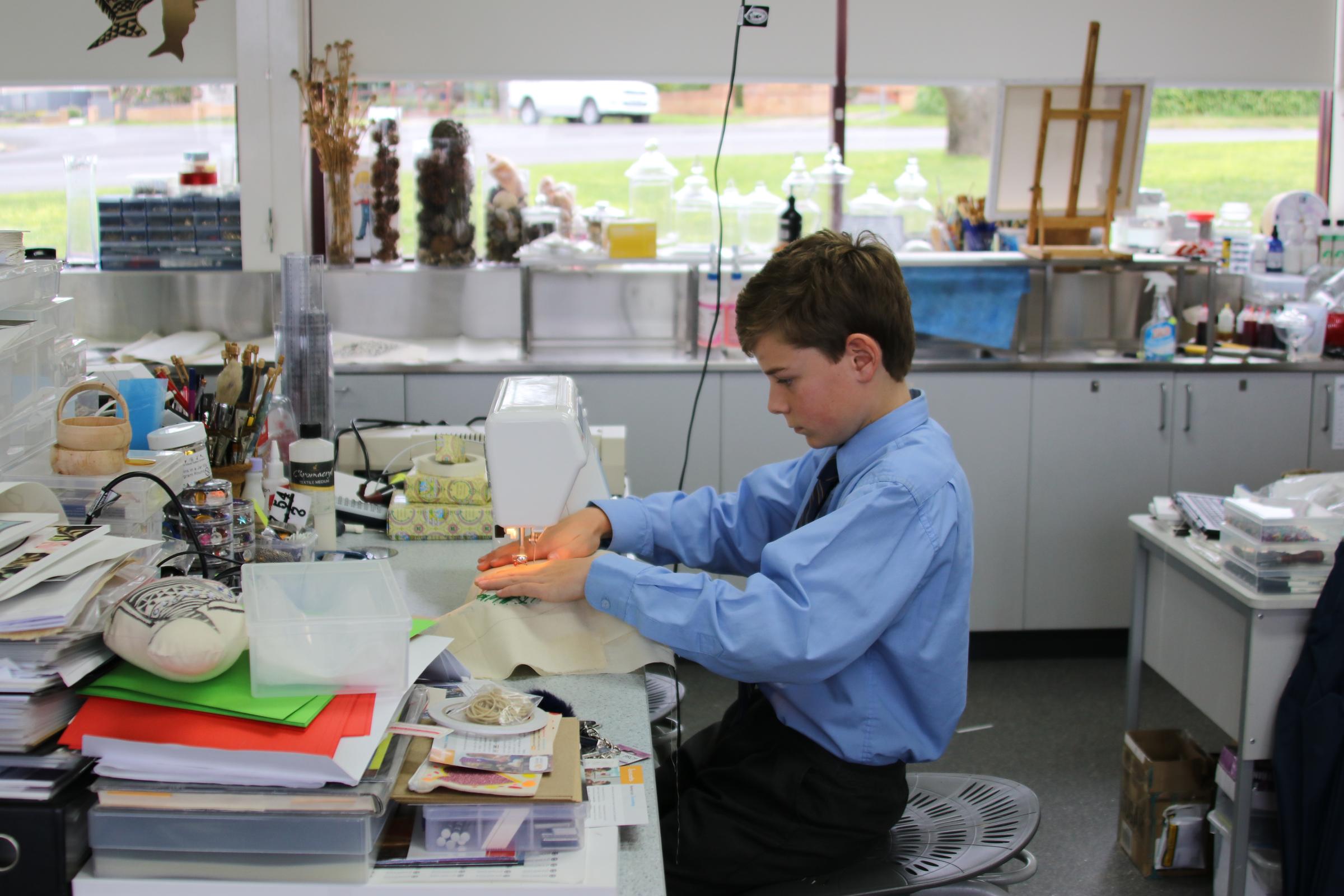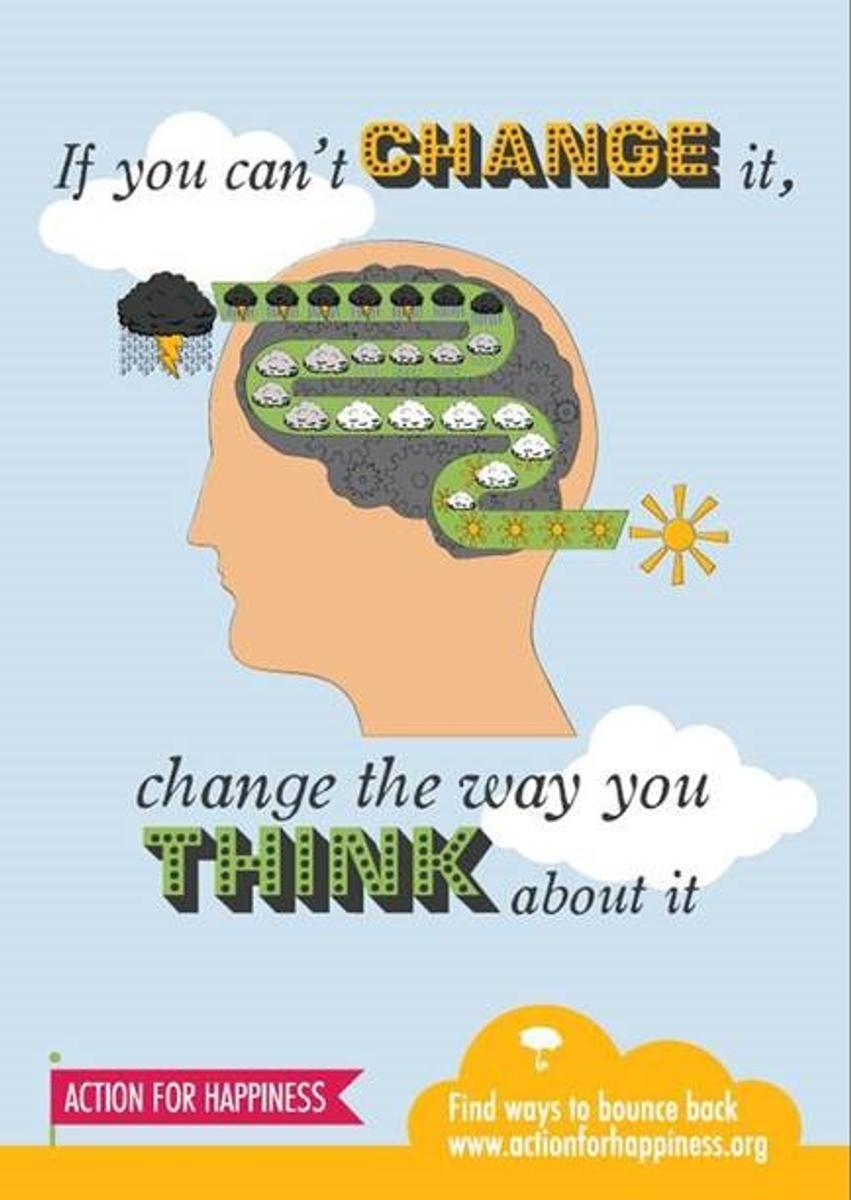Middle Years

It was wonderful to listen to Michael Carr-Gregg on Monday; his messages to students and parents was practical and useful. I thought it was useful to reflect on his core messages. I would like to pass on my thanks to the Parents and Friends, and Kristen Waldron, who made Michael’s visit possible.
- “If you can't change it, change the way the think about it”.
- Failure can be good.
- Being different is good.
- Resolve differences amicably.
- Apologise when you are wrong.
- People are way more important than things.
- Put your head down and work hard.
- Not all stress is bad.
- Do twenty minutes of study at a time, then have a five-minute break.
- Say it out loud, this will improve your understanding.
“I can do this”
Story of the little red engine; when faced with the challenge of climbing the hill, the little red engine said to itself over and over again “I think I can, I think I can”. As it came nearer to the top of the hill it changed its chant to “I know I can”. If children believe they can, they are more likely to give things a go.
One of the College’s core values is optimism. I would like this to be our Middle Years focus for Semester Two. Martin Seligman wrote two books, “The Optimistic Child” and “Learned Optimism”. He says optimism is essential and can be acquired. Optimism fits nicely into Michael Carr-Gregg’s first point; “If you can't change it, change the way the think about it”.
Why we need to encourage our children to be optimistic?
One of the things parents can give their kids is a healthy attitude to life. Helping your child become an optimist and look on the bright side of life is a step towards preparing your child for a bright future.
Optimism is being able to expect the best out of life’s experiences. Being able to look on the bright side helps all of us helps all of us to get on top of challenges and manage life’s difficulties. It means having hope and a strong belief and confidence to deal with situations.
Optimistic students are more goal focused, more engaged, rise above obstacles, cope with higher stress, and maintain wellbeing through hardship.
Optimists also expect better outcomes.
Optimism is a useful thinking for students.
Optimism isn’t fixed and it can be learnt, as suggested by Martin Seligman is his book Learned Optimism. In the event of something negative happening, Seligman says that optimists look for specific, short term explanations, so they are more likely to try again. A pessimist will look at an event as permanent and personal, so is defeated by failure
Optimists:
- believe they can change for the better
- have hope for the future, and can control the direction of their life.
- are healthier and do better at school
- win more in sport
- do better at school
- they go the extra mile and don’t give up.
From Karen Reivich and Andrew Shatte’s book “The Resilience Factor”;
What are the building blocks of optimism?
- Having a go.
- Practicing.
- Coming to terms with success and failure.
- Planning for the best outcome.
- Having the belief and confidence to try again.
Every time students achieve something they set out to do, they start to develop a belief that they can go on trying and have more success. When a student’s self-talk is “I can do this” they are more likely to succeed.
Gaoyou Delegation
I would like to thank host families who are looking after the Gaoyou students over the weekend. We are looking forward to welcoming them into our homes and showing them our school over the coming week.
Julia Winter Cooke

